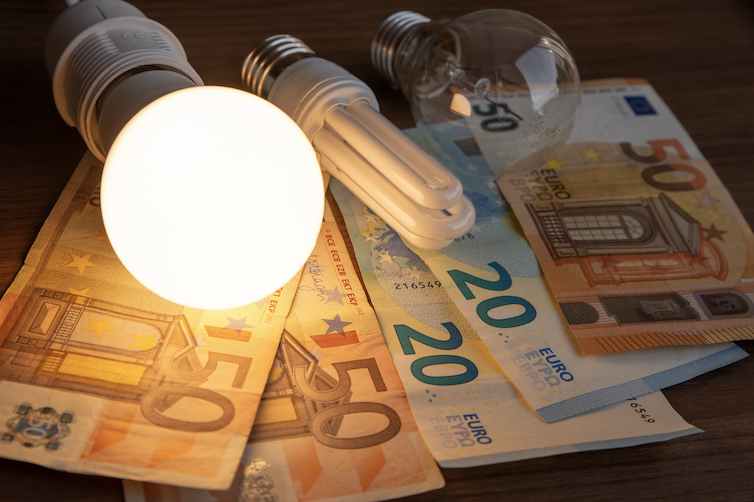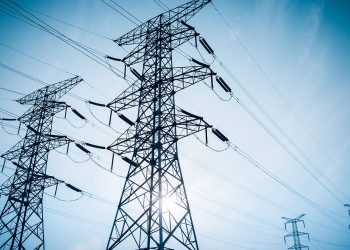Brussels – Progress is being made ahead of the European elections toward closing the legislative process on a package of reforms crucial to the medium- and long-term future of the European Union. The European Parliament gave the green light today (April 11) by an overwhelming majority to the four files of the electricity and energy market reform package, confirming in plenary session the understandings reached in December 2023 with the EU Council (which will now have to put the “end” word with approval for entry into force) on electricity market and gas market decarbonisation.
 “It’s a step toward a new energy transition; in the future, we want to have electricity from renewables, nuclear, and hydrogen,” cheered the rapporteur for the Regulation on the Internal Markets for Renewable Gas, Natural Gas and Hydrogen, Jerzy Buzek (EPP), for the approval that came with 447 votes in favour, 90 against and 54 abstentions. “The transition must be socially just and cost-effective.” Rounding out the energy half of the package was the directive establishing common rules for the internal markets for renewable gas, natural gas, and hydrogen (passed with 425 votes in favour, 64 against and 100 abstentions), whose rapporteur Jens Geier (S&D) remarked on the need for “a modus operandi that does not bring fear among citizens about the transition away from methane and that ensures competition and competitiveness for our industry.”
“It’s a step toward a new energy transition; in the future, we want to have electricity from renewables, nuclear, and hydrogen,” cheered the rapporteur for the Regulation on the Internal Markets for Renewable Gas, Natural Gas and Hydrogen, Jerzy Buzek (EPP), for the approval that came with 447 votes in favour, 90 against and 54 abstentions. “The transition must be socially just and cost-effective.” Rounding out the energy half of the package was the directive establishing common rules for the internal markets for renewable gas, natural gas, and hydrogen (passed with 425 votes in favour, 64 against and 100 abstentions), whose rapporteur Jens Geier (S&D) remarked on the need for “a modus operandi that does not bring fear among citizens about the transition away from methane and that ensures competition and competitiveness for our industry.”
On the electricity market front, the Union Electricity Market Design Regulation(433 votes in favour, 140 against and 15 abstentions) and the Union Electricity Market Design Directive (473 votes in favour, 80 against and 27 abstentions) are proof that “today is a success because many thought this reform was unnecessary or that we were capable of negotiating it,” claimed the rapporteur of both files, Nicolás González Casares (S&D). Just remember how “in the summer of 2021, electricity prices were rising, and we were already saying that the set-up was not working, then Putin started the blackmail” before the Russian invasion of Ukraine when “the surge in gas prices was unsustainable, and this led us to act.” In the future of the Union, there will be “social and climate justice, with more renewables and stability for consumers with more stable prices, more electric cars, and less carbon emissions,” the Spanish MEP assured.
The reform of the electricity market
The central element of electricity market reform is the introduction of financing instruments for renewable and zero-carbon energy, including nuclear, making electricity prices less dependent on the volatility of fossil fuel prices. Direct public support for renewable electricity generation (wind, solar, hydro without storage, geothermal) and from nuclear power will be through a two-way contract for difference, in which generators are paid a fixed strike price for their electricity, regardless of the price in short-term energy markets. The Council will have the power to declare a price crisis (on a proposal from the Commission) based on the average wholesale electricity price or a sharp increase in retail electricity prices: in the event of a crisis, prices can be set at up to 70 per cent of electricity consumption for small and medium-sized enterprises and up to 80 per cent for households.
On capacity mechanisms (generation incentive instruments available to member states to counter potential electricity shortages), member states may financially support capacity provision facilities, transforming them from an emergency solution to a structural component of energy supply. The exception of financing coal- or gas-fired power plants already in operation that emit above the emission standard (more than 550 g CO2 per KWh) remains until the end of 2028. On the consumer side, there will be free choice to enter into fixed-price contracts (with a minimum term of one year) or flexible-price contracts, and most importantly, the prohibition of power interruption for people affected by energy poverty is introduced.
The decarbonisation of the gas market
Regarding the decarbonisation of the gas market, the focus is on creating a market model for hydrogen in Europe with rules for access to infrastructure, unbundling of production and transport activities, and pricing. A new independent European entity that will bring together hydrogen network operators (ENNOH) alongside the other two existing structures for gas (ENTSOG) and electricity (ENTSOE) is planned to start this year—but fully operational by 2027. The joint purchasing mechanism for gas introduced during the energy crisis will become permanent but on a voluntary basis. At the same time, hydrogen will be included in a five-year pilot project to bring supply and demand together and ensure market transparency under the European Hydrogen Bank.
The date for stopping long-term contracts for unabated fossil gas (i.e., whose greenhouse gas emissions have not been processed to be eliminated through carbon capture and storage technologies, in view of the EU’s net zero emissions targets at mid-century) is 2049. Short-term supply contracts (less than one year) remain possible because they are considered essential for the security of supply and market liquidity. In line with the goal of reducing dependence on Russian fossil fuels, a mechanism that allows member states to limit advance bids for network and terminal access capacity for natural gas and LNG from Russia and Belarus will be introduced.







